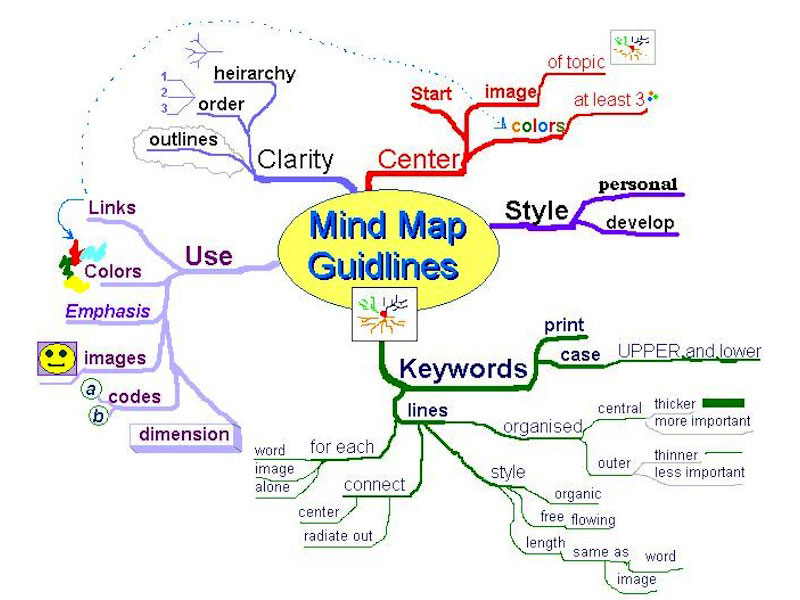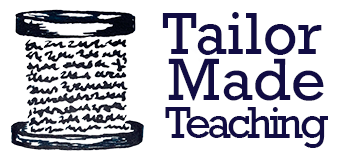
To teach (verb) from the Old English ‘taecan’ meaning ‘to show, to point out’.
To learn (verb) from the Old English ‘leornian’ meaning ‘to study, read, think about’.
We tend to see teaching as an active, dynamic activity and learning as a passive one, as if the learner were just an empty vessel waiting to be filled with knowledge. But perhaps, if we look at the etymology of these words, we have not always seen it this way.
The active learner, the motivated learner, the one who takes responsibility for their own learning, is the one who succeeds. And any teacher who attempts to guarantee learning is a liar or a fool.
So, here is my guide to independent learning….
VOCABULARY BUILDING
- Carry a small notebook or small blank address book around with you.
Use this to note down new words you come across. You can record the words by day or, if using an address book, by initial letter. You should try to note the word class e.g. noun, verb, adjective, adverb. Write a translation. Write an example sentence or the context in which you found the word, be especially careful to note any prepositions or verbs that come near the word e.g. we depend on somebody, we make reference to something. Make notes on pronunciation and word stress. You may need to check these things in a good dictionary. Experiment with using mind maps (see image) to record your new words in topics. - Keep a larger notebook at home and record the new words in topics e.g. words describing people, words about the environment. Use colours, sketch pictures, make word webs.
WRITING
- Try keeping a diary/journal. Write in it every day, even if it’s only for a short time. This is a personal journal, which you do not need to share with anyone if you don’t want to. Try using new words and grammatical structures you’ve learned. Using new words and grammar in a personal context is a good way of helping you remember. Your diary will be a good record of your language learning progress. Re-read older entries now and again and see how much your English has improved.
CURRENT AFFAIRS
- A good way to build your vocabulary and skills in these areas is to keep up with current affairs by regularly reading and/or listening to the news. Try the BBC world service for English learners, you can read and listen to news items and it offers some activities you can do at home. You can also try news for learners
GRADED READERS
- Any good library will have graded readers which are meant to be read for pleasure. You should read at or just below your English level, as you read the language will seep into you! You could also try some of the books at Oxford Owl (although these are written for native speaker children not EFL learners). Or try here.
LISTENING
- Try listening to audio books, there are some free ones at audio books.
- Listen to songs. You can google the lyrics and read as you listen, if you like
Find a good tutor to help guide you, provide materials, feedback and assessment but remember the teacher provides the map, equips you for the journey and points the way, ultimately you have to do the hard work.
English is a living language. Live it!
Image by Danny Stevens


